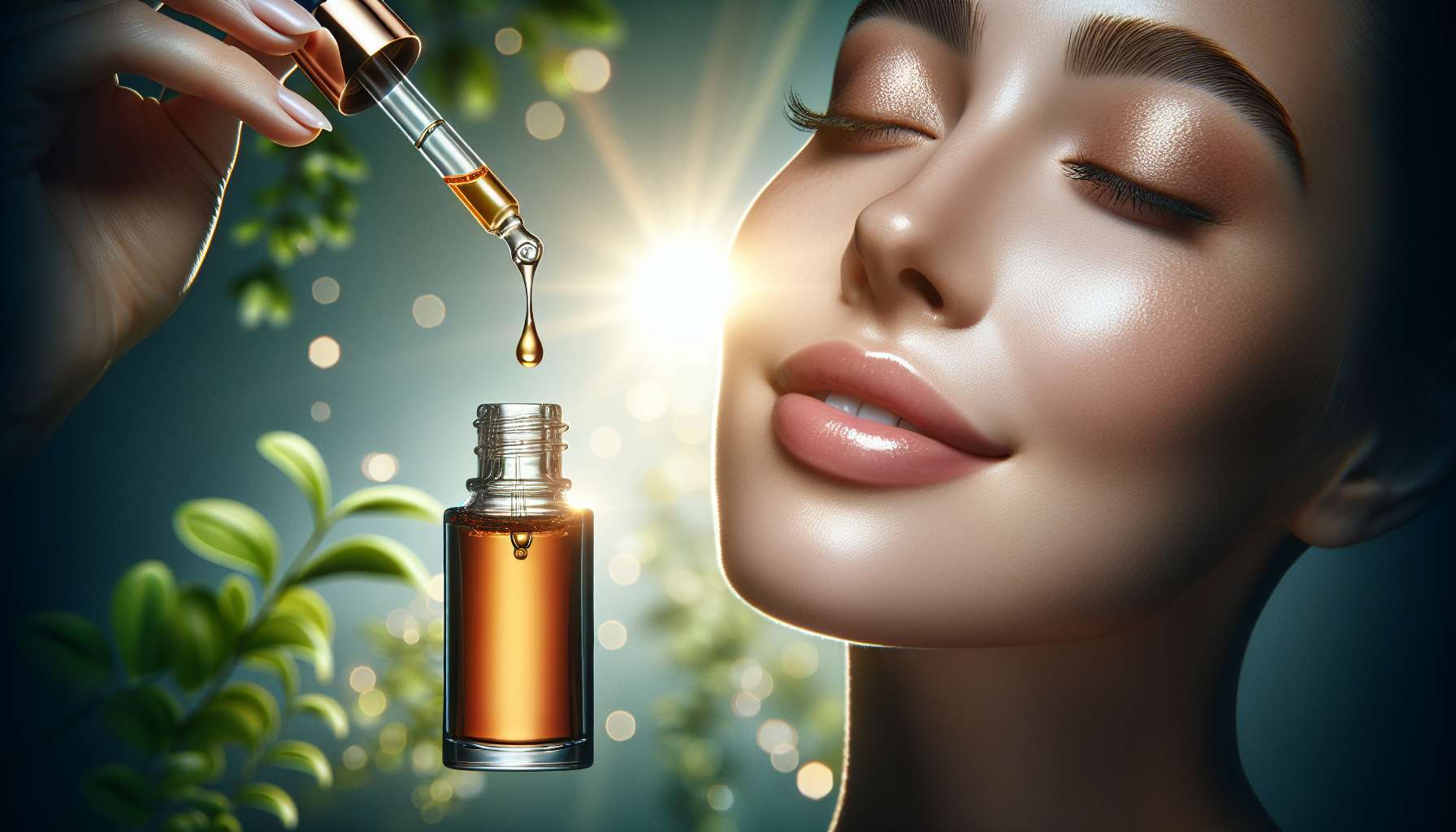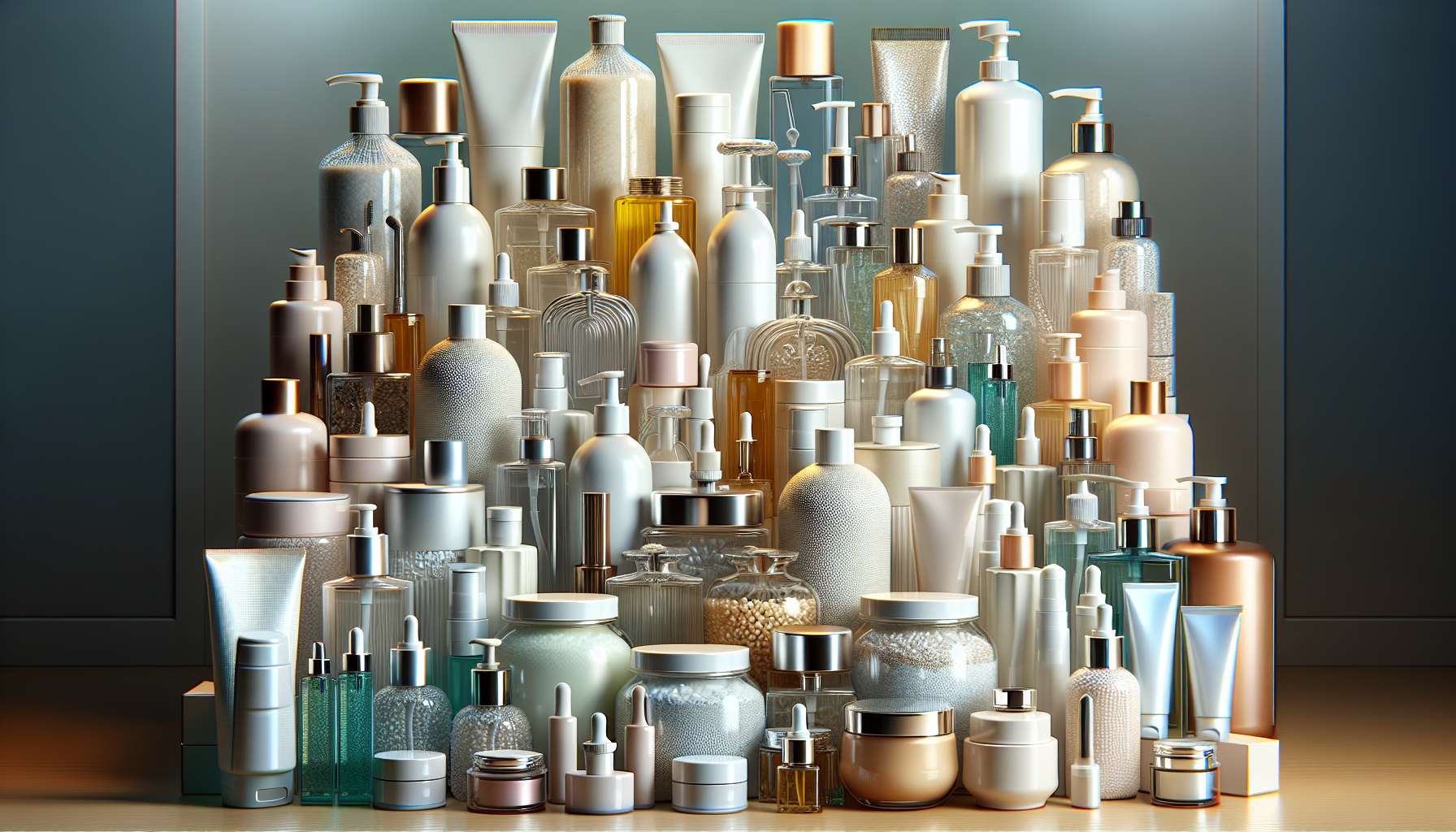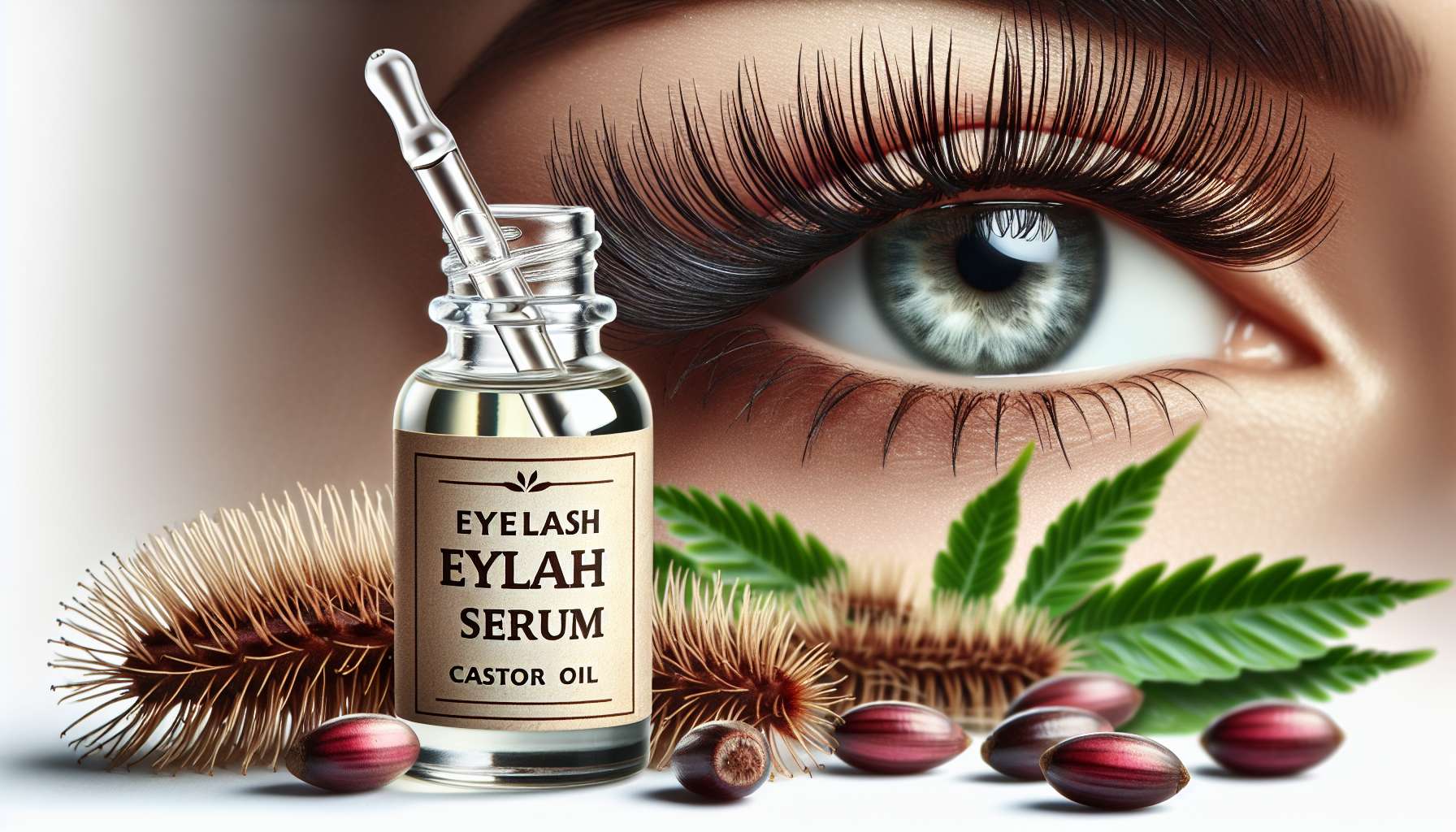The Ultimate Guide to Facial Serum
Are you looking to elevate your skincare routine to the next level? Have you heard about facial serum but are unsure about what it is and how it can benefit your skin? Look no further, as we delve into the world of facial serum in this comprehensive guide. From its origins to its various formulations and benefits, we will explore everything you need to know about incorporating facial serum into your daily skincare regimen.
The Origins of Facial Serum
Facial serum has been a skincare staple for centuries, with its roots dating back to ancient civilizations that utilized natural oils and extracts to nourish and rejuvenate the skin. These early formulations laid the foundation for modern-day facial serums, which have evolved to target specific skin concerns and deliver potent ingredients in a lightweight, highly concentrated form.
One of the first recorded uses of facial serum can be traced back to ancient Egypt, where royalty and nobility used botanical oils and herbal extracts to maintain youthful and radiant skin. The use of facial serum spread to other cultures, including ancient Greece and Rome, where ingredients like olive oil and honey were prized for their skincare benefits.
Fast forward to the present day, and facial serums have become a mainstay in the beauty industry, with a wide range of formulations catering to various skin types and concerns. From hydrating serums to anti-aging treatments, there is a facial serum for every skincare need.
The Science Behind Facial Serum
Facial serums are formulated with a high concentration of active ingredients that are designed to penetrate deep into the skin and target specific concerns. Unlike traditional moisturizers, which primarily hydrate the skin’s surface, facial serums work at a cellular level to deliver potent nutrients and antioxidants that promote skin health and vitality.
The key to the efficacy of facial serums lies in their lightweight and fast-absorbing texture, which allows the active ingredients to penetrate the skin quickly and effectively. This means that you can see results faster and more visibly than with traditional skincare products.
Some common active ingredients found in facial serums include hyaluronic acid, vitamin C, retinol, and peptides, each of which offers unique benefits for the skin. Hyaluronic acid, for example, is known for its hydrating properties, while vitamin C is a powerful antioxidant that brightens and protects the skin from environmental damage.
When choosing a facial serum, it is essential to consider your skin type and concerns to select the right formulation for your needs. Whether you have dry, oily, sensitive, or mature skin, there is a facial serum that can help you achieve your skincare goals.
The Benefits of Facial Serum
Facial serums offer a myriad of benefits for the skin, making them a valuable addition to any skincare routine. Here are some of the key advantages of incorporating a facial serum into your regimen:
Hydration:
One of the primary benefits of facial serum is its ability to provide intense hydration to the skin. Many serums are formulated with hyaluronic acid, a humectant that attracts and retains moisture, keeping the skin plump and supple. This makes facial serums ideal for dry or dehydrated skin types.
Anti-Aging:
Facial serums are also highly effective at targeting signs of aging, such as fine lines, wrinkles, and sagging skin. Ingredients like retinol and peptides stimulate collagen production, which helps to firm and tighten the skin, reducing the appearance of wrinkles and promoting a more youthful complexion.
Brightening:
If you struggle with dull or uneven skin tone, a brightening serum can help to restore radiance and luminosity to your complexion. Vitamin C is a popular ingredient in brightening serums, as it helps to fade dark spots, even out skin tone, and boost overall radiance.
Acne-Fighting:
For those with acne-prone skin, a serum containing ingredients like salicylic acid or niacinamide can help to clear up blemishes, reduce inflammation, and prevent future breakouts. These serums can also help to minimize the appearance of pores and improve the overall texture of the skin.
Antioxidant Protection:
Facial serums are packed with antioxidants that help to protect the skin from free radical damage caused by environmental stressors like pollution and UV radiation. By neutralizing free radicals, antioxidants help to prevent premature aging and keep the skin looking healthy and vibrant.
How to Use Facial Serum
Now that you understand the benefits of facial serum, you may be wondering how to incorporate it into your skincare routine. Here are some tips on how to use facial serum effectively:
Cleanse and Tone:
Before applying facial serum, it is essential to start with a clean canvas. Begin by cleansing your skin to remove any dirt, oil, and impurities. Follow up with a toner to balance the skin’s pH and prepare it to absorb the serum more effectively.
Apply a Few Drops:
Facial serums are highly concentrated, so a little goes a long way. Start by dispensing a few drops of serum onto your fingertips and gently patting it into your skin. Avoid rubbing or pulling on the skin, as this can cause irritation and damage.
Follow with Moisturizer:
After applying facial serum, follow up with a moisturizer to seal in the active ingredients and provide an additional layer of hydration. Choose a moisturizer that complements your serum and addresses any additional skincare concerns you may have.
Use Morning and Night:
For best results, incorporate facial serum into both your morning and evening skincare routines. In the morning, apply serum before sunscreen to protect your skin from UV damage, while in the evening, use serum as part of your nighttime regimen to promote skin repair and renewal.
Expert Opinions
We reached out to skincare experts to get their insights on the benefits of facial serum. Dr. Jane Smith, a board-certified dermatologist, shared, “Facial serums are a game-changer in skincare because of their ability to deliver potent ingredients deep into the skin. Whether you’re looking to hydrate, brighten, or fight signs of aging, there is a serum that can help you achieve your skincare goals.”
Dr. Emily Jones, a cosmetic chemist, added, “The key to a good facial serum is selecting the right ingredients for your skin type and concerns. Look for serums that are free of irritants and allergens and focus on nourishing and protecting the skin.”
Common Misconceptions
Despite their numerous benefits, facial serums are often misunderstood by consumers. One common misconception is that serums are only suitable for certain skin types or concerns. In reality, there is a serum for every skin type and issue, from acne-prone to sensitive to mature skin.
Another misconception is that facial serums are unnecessary or redundant in a skincare routine. While moisturizers are essential for hydrating the skin’s surface, serums provide targeted treatments that address specific concerns like aging, acne, or hyperpigmentation.
Comparative Analysis
When comparing facial serums, it is essential to consider factors such as ingredients, formulation, and efficacy. Look for serums that contain high-quality active ingredients in concentrations that are effective for your skin type and concerns.
Consider the texture and feel of the serum, as well as how well it absorbs into the skin. Some serums may feel lightweight and fast-absorbing, while others may be richer and more nourishing. Choose a serum that complements your skin’s needs and preferences.
FAQs
1. Can I use a facial serum every day?
Yes, facial serums are designed to be used daily as part of your skincare routine. For best results, apply serum both in the morning and evening to target specific skin concerns and maintain healthy, radiant skin.
2. How long does it take to see results from a facial serum?
The timeline for seeing results from a facial serum can vary depending on the formulation and your skin’s individual needs. In general, most people notice improvements in their skin’s texture, tone, and overall appearance within a few weeks of consistent use.
3. Can I layer multiple serums together?
Yes, you can layer multiple serums together to target different skin concerns. Start with the thinnest consistency serum and layer from lightest to heaviest textures. Allow each serum to absorb fully before applying the next one.
To Wrap Things Up
In conclusion, facial serum is a powerful skincare product that offers a wide range of benefits for the skin. From hydration to anti-aging to brightening, there is a serum for every skin type and concern. By incorporating a facial serum into your daily skincare routine, you can achieve healthier, more radiant skin that glows from within. So why wait? Discover the transformative power of facial serum today and elevate your skincare game to new heights.




